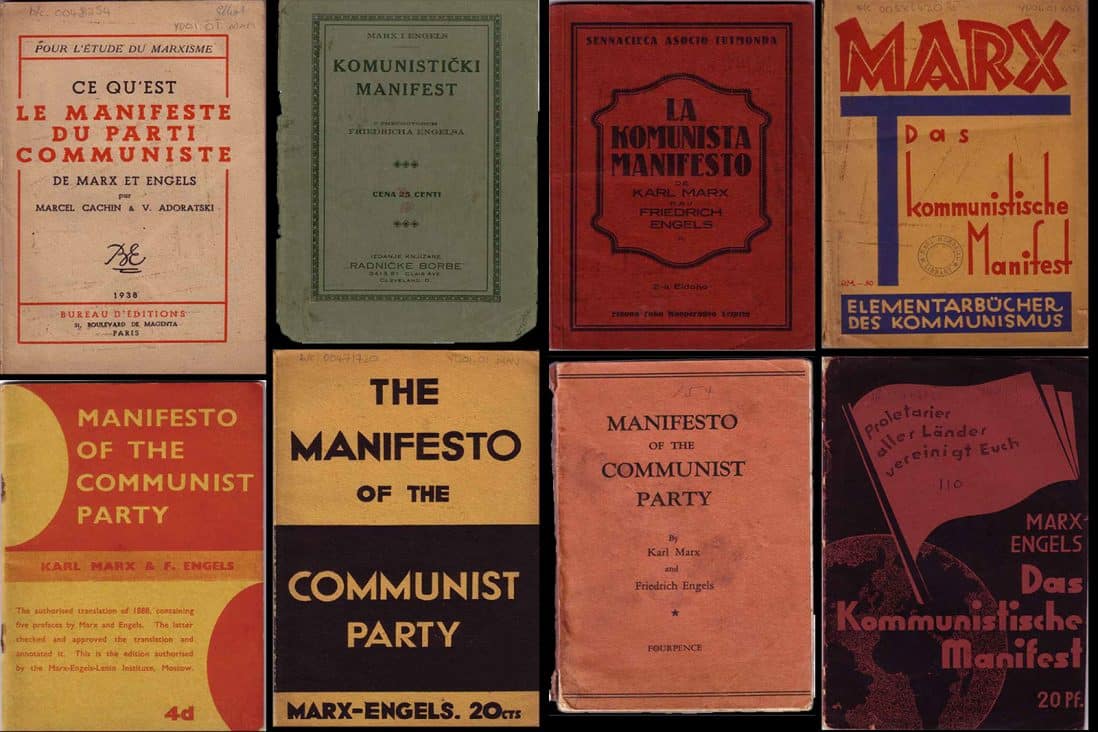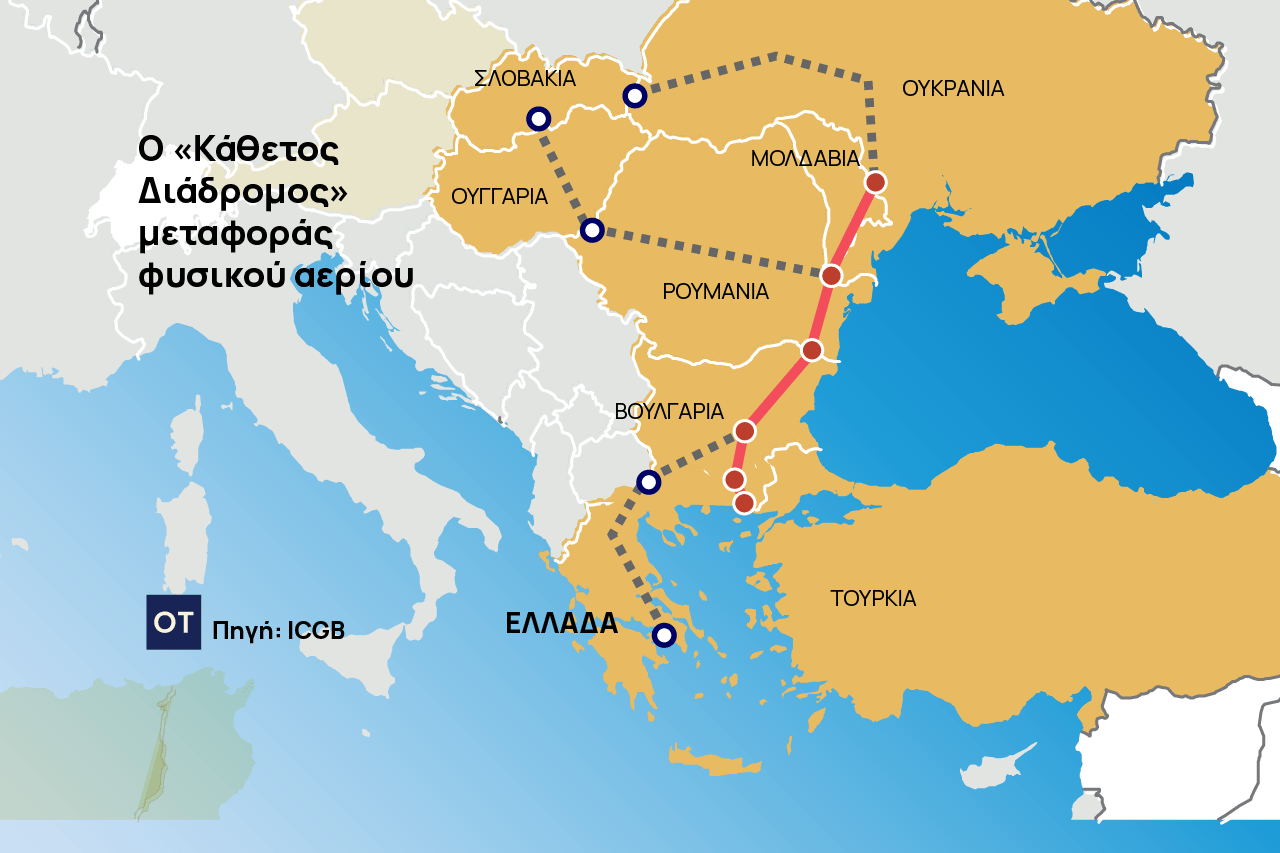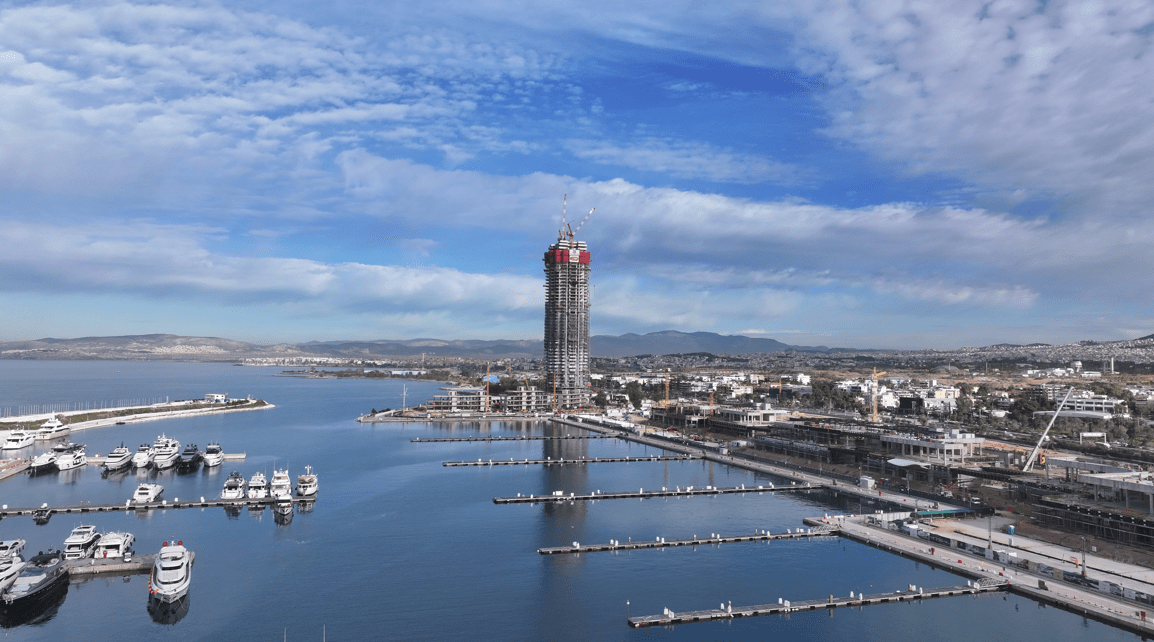Greece continues to lag behind the EU average in upgrading home energy efficiency, despite the disbursement of dedicated funds over the past decade, exhibiting poor performance in energy poverty.
According to the country’s Statistical Authority (ELSTAT), Greece displays among the highest percentages of energy poverty in the European Union (EU), with 43.6% of households stating they are unable to heat their homes.
Utility bills present an even more alarming picture. Nearly 33% of the total population is behind on payments, with the percentage soaring to 67.3% among low-income households.
Most houses still have old window frames, inadequate insulation, and heating systems that drive up energy consumption. In most EU countries, the standard approach is to systematically invest in programs that reduce energy needs and protect households.
In contrast, during the energy crisis, the Greek government chose to focus its policy almost entirely on temporary consumer subsidies. However, the experience of the past three years shows that such measures serve only as a short-term buffer rather than a permanent solution—especially as energy costs continue to rise.
In many European countries, tackling the problem of assisting poorer households is not limited to one-off benefits. Permanent subsidies based on income criteria, systematic renovation programs, and tax measures to ease the burden on households create a lasting safety net. In France and Germany, the “green home” policy has been implemented for years as a tool for not only environmental but also social policies.
Greece, although now moving in this direction, lags in both speed and effectiveness. Difficulties in accessing programs, bureaucracy, and delays in absorbing funds create a gap between planning and implementation. As a result, the risk of energy poverty remains high, while unpaid bills continue to rise.
Source: tovima.com
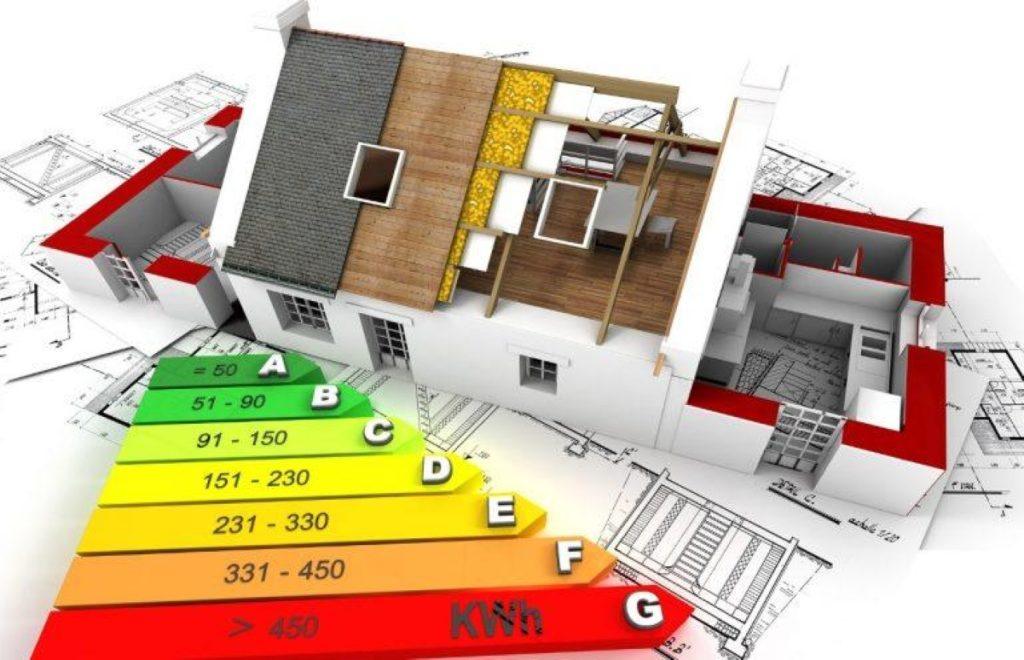



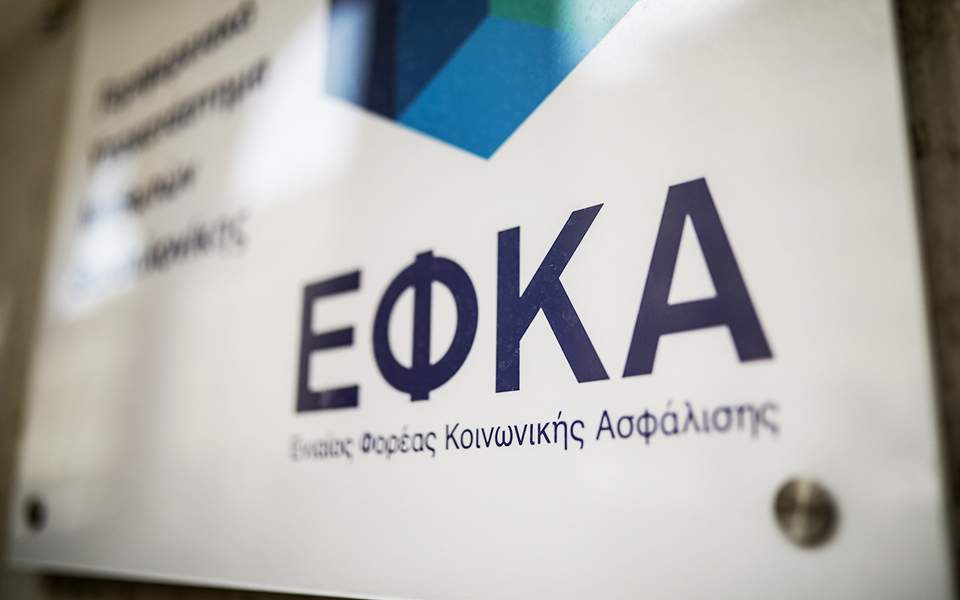


![Εξοικονομώ: Πού καταγράφεται η μεγαλύτερη συμμετοχή – Οι περιοχές [πίνακες]](https://www.ot.gr/wp-content/uploads/2026/02/exoikonomo-600x374-1-300x300.jpg)









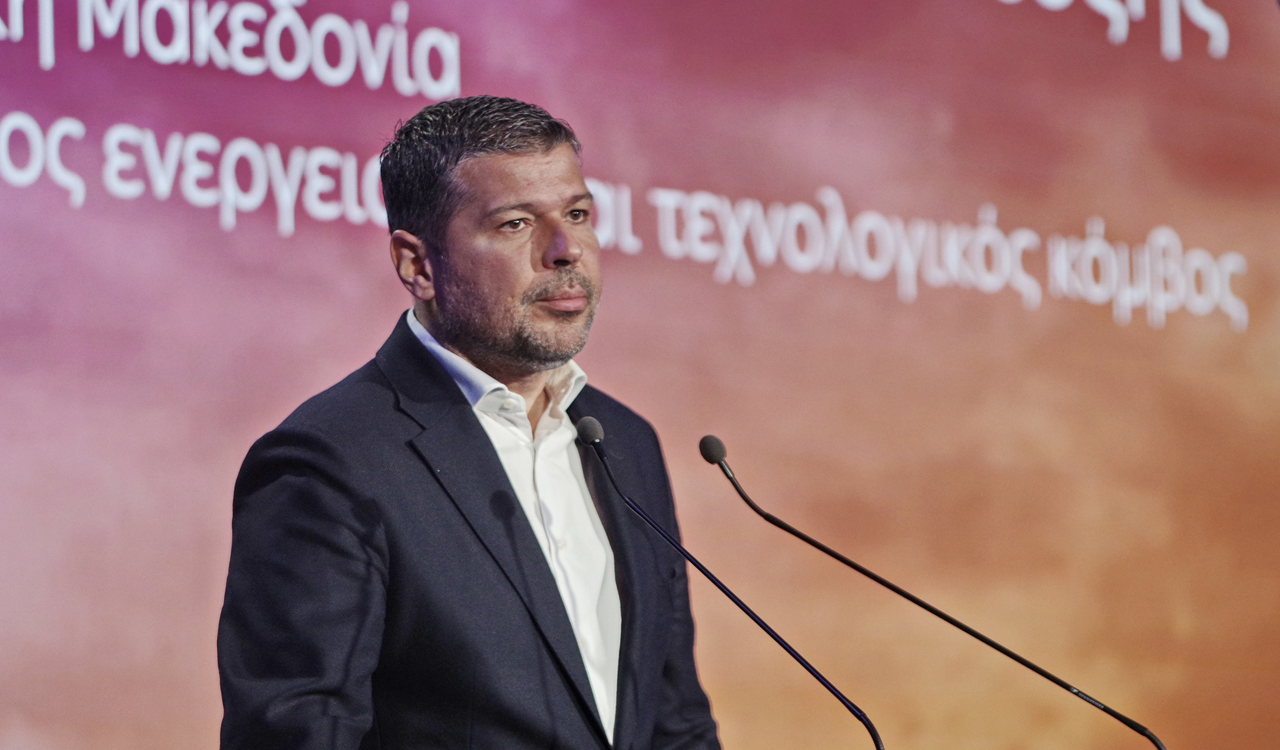










![Εξοικονομώ: Πού καταγράφεται η μεγαλύτερη συμμετοχή – Οι περιοχές [πίνακες]](https://www.ot.gr/wp-content/uploads/2026/02/exoikonomo-600x374-1.jpg)

